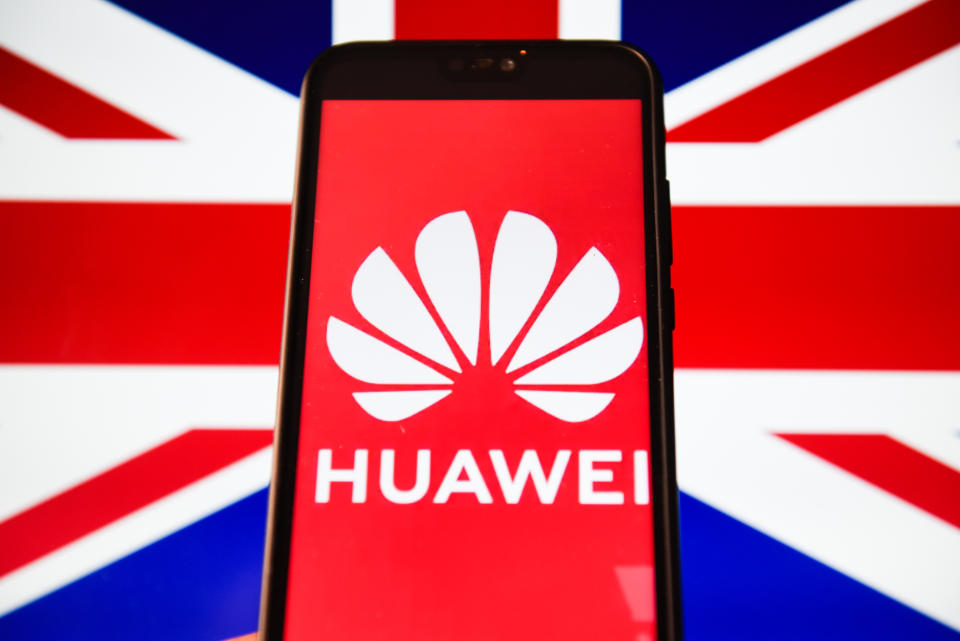UK mobile operators urge government clarification over Huawei

A group of UK mobile operators are writing a letter to the government’s cabinet secretary Mark Sedwill to urge Whitehall to clarify its position over Chinese tech giant Huawei.
According to a draft letter reportedly seen by the BBC, the mobile operators will say that there needs to be an “urgent meeting between industry leaders and the government to discuss their concerns” as they will be unable to invest in infrastructure if uncertainty over Huawei’s access to Britain’s networks continues.
The report says the operators are planning to send the letter sometime this week.
The government said in a statement to the BBC: "The security and resilience of the UK's telecoms networks is of paramount importance. We have robust procedures in place to manage risks to national security and are committed to the highest possible security standards.
"The Telecoms Supply Chain Review will be announced in due course. We have been clear throughout the process that all network operators will need to comply with the government's decision."
The US, as well as a number of other countries and agencies, have continually pointed out Huawei’s ties to the Chinese government as well as emphasising China’s National Intelligence Law that says organisations must “support, co-operate with and collaborate in national intelligence work.”
READ MORE: What is Huawei? Yahoo Finance explains
The US, as well as Australia and New Zealand, has since barred local firms from using Huawei to provide the technology for their 5G networks.
In March this year, the UK’s National Cyber Security Centre, which is part of the UK government’s intelligence and security organisation GCHQ, released a report that severely criticised the Chinese company, by saying there are “significant technical issues in Huawei’s engineering processes” and its approach to software development brings “significantly increased risk to UK operators.”
The Centre also said it can provide “only limited assurance that the long-term security risks can be managed in the Huawei equipment currently deployed in the UK” and that it “can only provide limited assurance that all risks to UK national security from Huawei’s involvement in the UK’s critical networks can be sufficiently mitigated long-term.”
At the time of the report, Huawei said it took the concerns “very seriously” and that it would continue to work with UK operators and the National Cyber Security Centre to meet their requirements.
In February, the head of Britain’s foreign intelligence service MI6, Alex Younger warned at the Munich Security Conference against the UK using a single provider of equipment in new 5G mobile networks.
“It’s not inherently desirable that any piece of significant national infrastructure is provided from a monopoly supplier,” he said.

 Yahoo Finance
Yahoo Finance 
